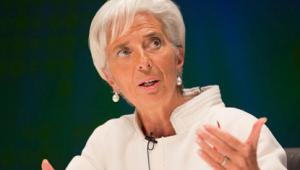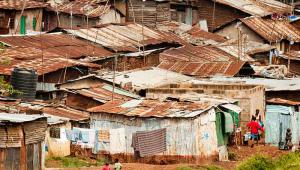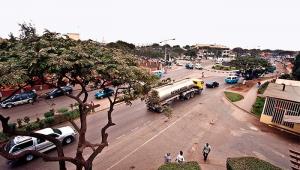By Mark Smulian | 25 June 2013
Two-thirds of major aid donors have cut their support for sub-Saharan Africa, a charity has said.
ONE, whose founders include U2 singer and anti-poverty campaigner Bono, said in a report today that with fewer than 1,000 days to go until the 2015 deadline for achievement of the Millennium Development Goals, global aid flows to the area had declined for a second year in a row.
Development assistance to sub-Saharan Africa was cut disproportionately, with 16 of the 24 major donor countries reducing their aid last year
The organisation said: ‘Just when the stakes are highest and the possibility of ending extreme poverty is on the horizon, governments should be striving to meet their promises and galvanise support, not turning their backs on some of the poorest countries.’
In its 2013 Special report tracking development assistance, ONE said that from a peak in 2010, global aid fell by 2.2% in 2011 to $126.7bn, and then by a further 3.1% to $122.8bn in 2012.
Africa was particularly hard hit with a 6.7% decline in aid received in 2012, down to $42.6bn.
Donors with the largest proportional aid cuts last year were Spain (- 51.3%), Italy (-25%), Belgium (-17.4%), Greece (-17%) and Portugal (-13.1%).
ONE said that while most of these countries had suffered particularly badly in the eurozone crisis ‘the magnitude of the reduction is severe’.
It said the EU has met only 52% of its 2015 target, and would need to increase aid by $58bn over the next three years to meet its goal of 0.7% of gross national income being spent on overseas aid.
Some countries had increased their aid spending, including South Korea (+17.2%), Luxembourg (+ 9.8%) and Australia (+9.1%).
Monitoring of the millennium development goal of investment in education, health and agriculture showed a mixed picture across sub-Saharan Africa.
ONE said the highest investment in these fields as a proportion of national budget was in Burkina Faso at 51.6%.
This was the only country to use more than half its spending in this way, but it was closely followed by Ethiopia (44.3%) and Ghana (44.2%).
The lowest spenders on these three services were Republic of Congo (16.1%), Angola (16.5%) and Democratic Republic of Congo (17.6%).













